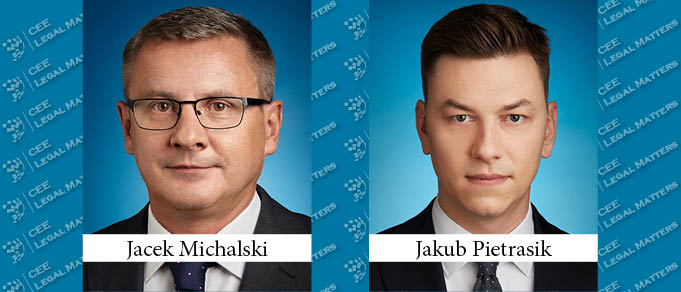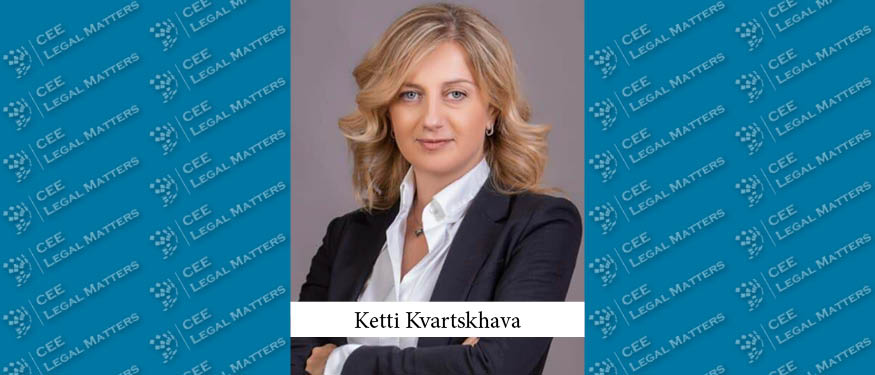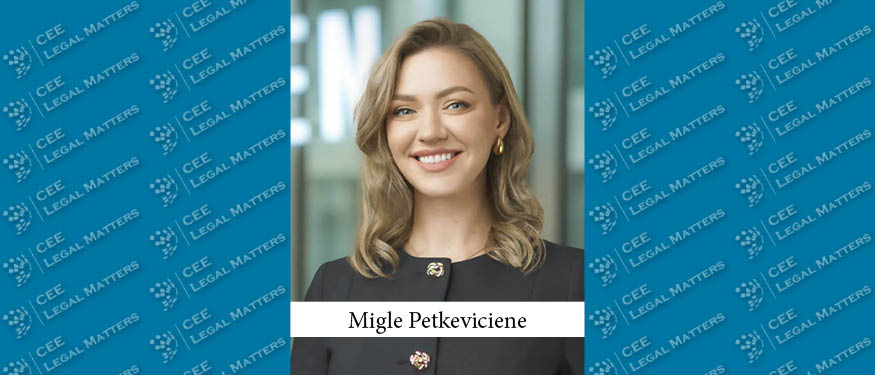There is a question circulating on the Internet right now: Who led the digital transformation of your company? Possible answers are: a) CEO; b) CTO; c) COVID-19. Which answer is correct?
The COVID-19 pandemic required companies to adapt. In fact, COVID-19 has forced companies to transform digitally. This is challenging in many aspects, but perhaps particularly with regard to: 1) remote work and data protection, and 2) online infrastructure. These issues have arisen in the face of COVID-19, but they will likely become the “new normal” after the pandemic passes.
Data Protection in Remote Work
Employers are still obliged to apply high standards for personal data protection when their employees work remotely. However, fulfilling GDPR requirements may be challenging due to a lack of internal procedures and/or adequate infrastructure.
In Poland, the Personal Data Protection Office (PDPO) issued recommendations that stated, among other things, that employees should comply with their employer’s internal data protection policies even when working from home. Additionally, employees should minimize the use of paper documentation – they should use protected cloud services instead. All electronic devices should have the necessary software/antivirus updates to ensure protection and security. Employees should also use effective access controls such as multi-factor authentication and strong passwords. Furthermore, employees should only use their employer’s trusted networks or cloud services, and while working without cloud or network access, employees should ensure that any locally stored data is adequately backed up in a secure manner.
In practice, applying the PDPO’s recommendations may be very difficult, especially in the SME sector, because the data protection requirements require safe networks, VPNs, and other advanced and costly IT resources.
Virtual Meetings and Online Infrastructure
Digital transformation means that meetings are held online. This is also applicable for shareholder and board meetings.
Under special COVID-19 legislation, virtual shareholder and board meetings are now allowed in Poland. This brings technical challenges. Any technology – for example, voice-over-IP software – used for a virtual meeting must comply with regulatory requirements concerning confidentiality. This technology must also allow for real-time, two-way communication, where participants can speak during the meeting and effectively exercise voting rights. Additionally, in practice, all activities should be recorded.
There is a growing demand for legal advice for tech companies providing tools dedicated to hosting virtual meetings. Our advice goes beyond Zoom and MS Teams software – it concerns specialized applications and services dedicated for highly-regulated matters.
E-signatures and Electronic Documents
Remote communication also means utilizing e-signature and electronic documents. Although the idea itself is very good, it brings many practical difficulties.
Different legal systems and jurisdictions have different approaches to electronic documents and e-signatures – and particularly to the legal implications of particular types of signatures/authorization.
In Poland, on-line documents can appear in one of two legal forms: a) document form, and b) electronic form. “Document form” is a commonly-used electronic document – for example, an e-mail, a scan of a signed contract, or a contract signed with a “normal” electronic signature. Confusingly, in common language, this form is often called “electronic,” and many e-signature providers declare that they provide “electronic signatures” which may suggest that the document is in an electronic form. However, formally, in order to qualify as an “electronic form” in Poland, a declaration of intent must be made in electronic form and additionally it should be accompanied with a qualified electronic signature – only then can such declaration of will qualify as “electronic form,” equivalent to declarations of intent made in writing. The two forms may sound very similar, but from a legal point of view the difference is huge and decisive.
Innovations in business must be applied, but with the utmost care and diligence. In our experience, clients in the TMT sector from different parts of the world have to adapt to Polish requirements when they conclude agreements such as the transferring of IP rights (such agreements require a written form), or at least need to obtain a complete explanation of the legal implications of using a particular type of e-signature, just to get the full picture.
What’s Next?
The issues raised above are only the tip of the iceberg. At Wolf Theiss we define many other challenges of the “new normal” and their impact on innovative companies. Our role is to properly navigate the businesses of our clients.
By Jacek Michalski, Partner, and Jakub Pietrasik, Senior Associate, Wolf Theiss Warsaw
This Article was originally published in Issue 7.5 of the CEE Legal Matters Magazine. If you would like to receive a hard copy of the magazine, you can subscribe here.













